
Cases of aviation staff, including pilots, working under the influence of alcohol or drugs are a disaster for airlines. They increase the risk of serious incidents, lessen public confidence in safety procedures and decrease staffing numbers. The problem continues to occur both in the UK and overseas, with further cases being reported of alcohol consumption.
In May 2022, a Ryanair flight attendant faced imprisonment after drinking alcohol while working while flying back to the UK from Poland. The crew member was 40% over the drink-drive limit and charged with ‘performing an aviation function, namely being a member of the cabin of an aircraft during flight, when their ability to do so was impaired because of drink’.
European Aviation Safety Agency regulations prohibit the consumption of alcohol by cabin or flight crew from 8 hours prior to a flight duty until after the duty is complete.
Blood alcohol levels vary by country, and in some cases, by vehicle. For example, the USA has a 0.02% limit and limits pilots from consuming alcohol within eight hours of reporting for duty. In the UK, the limit is 20 milligrams of alcohol per 100ml of blood. Pilots must also comply with their employer’s in-house policies, which tend to be tougher. Most airlines impose a 12-hour consumption restriction, with drug and alcohol testing being random and frequent.
Drug and alcohol testing within the aviation industry minimises the number of safety or public relations incidents.
Racoo Screening works with aviation companies to help implement effective workplace drug and alcohol testing policies that comply with international regulations. We also offer a complete drug and alcohol testing service, staff training and e-learning packages. To find out more, contact us here.
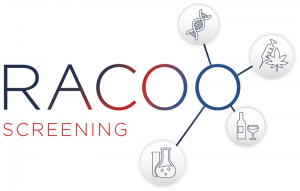
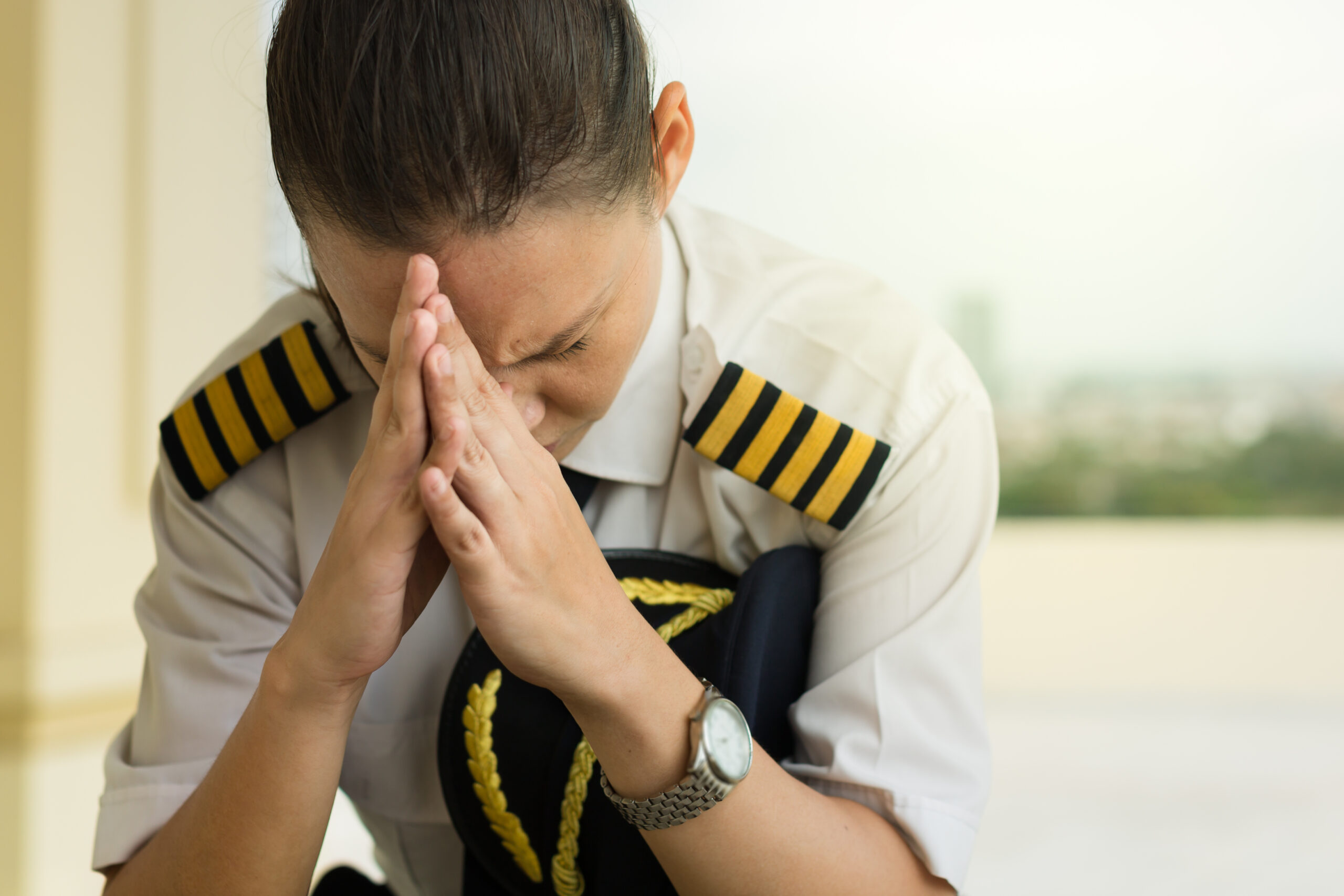
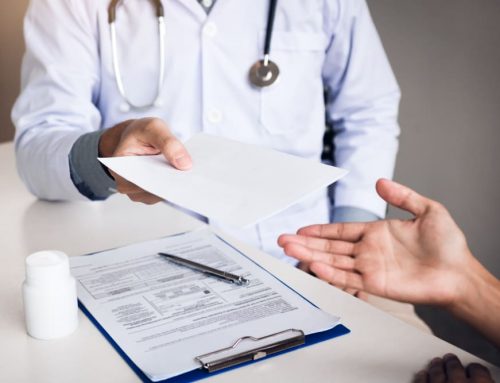
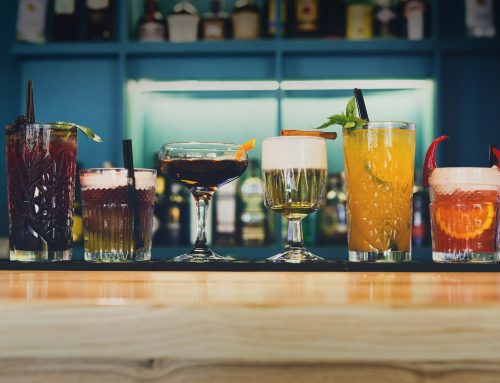
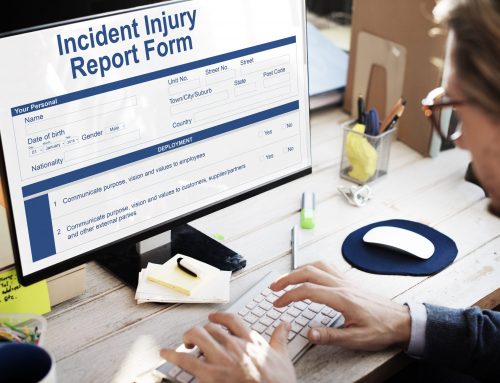
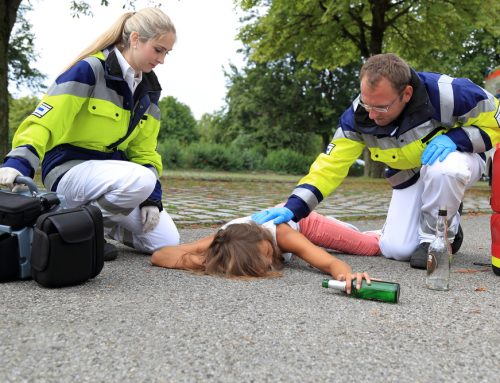
Leave A Comment
You must be logged in to post a comment.